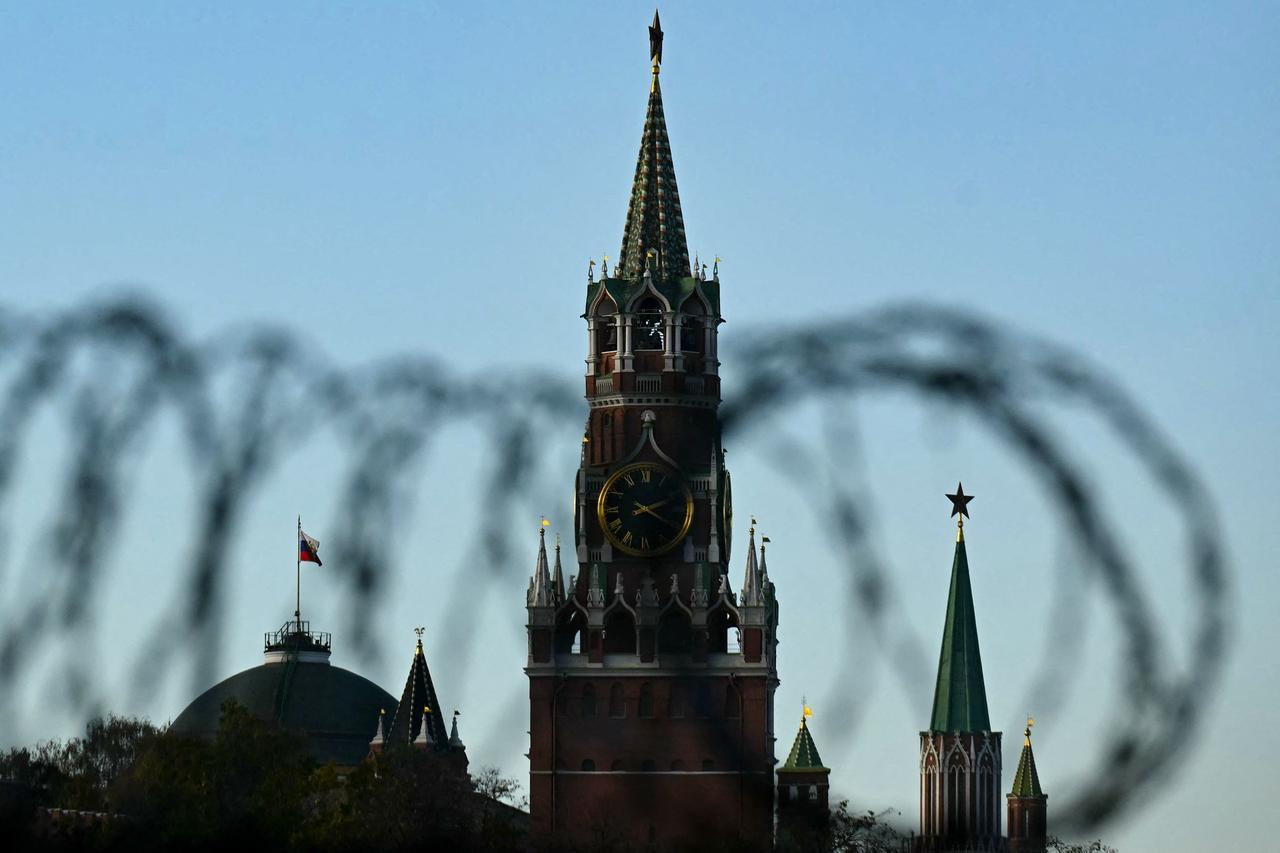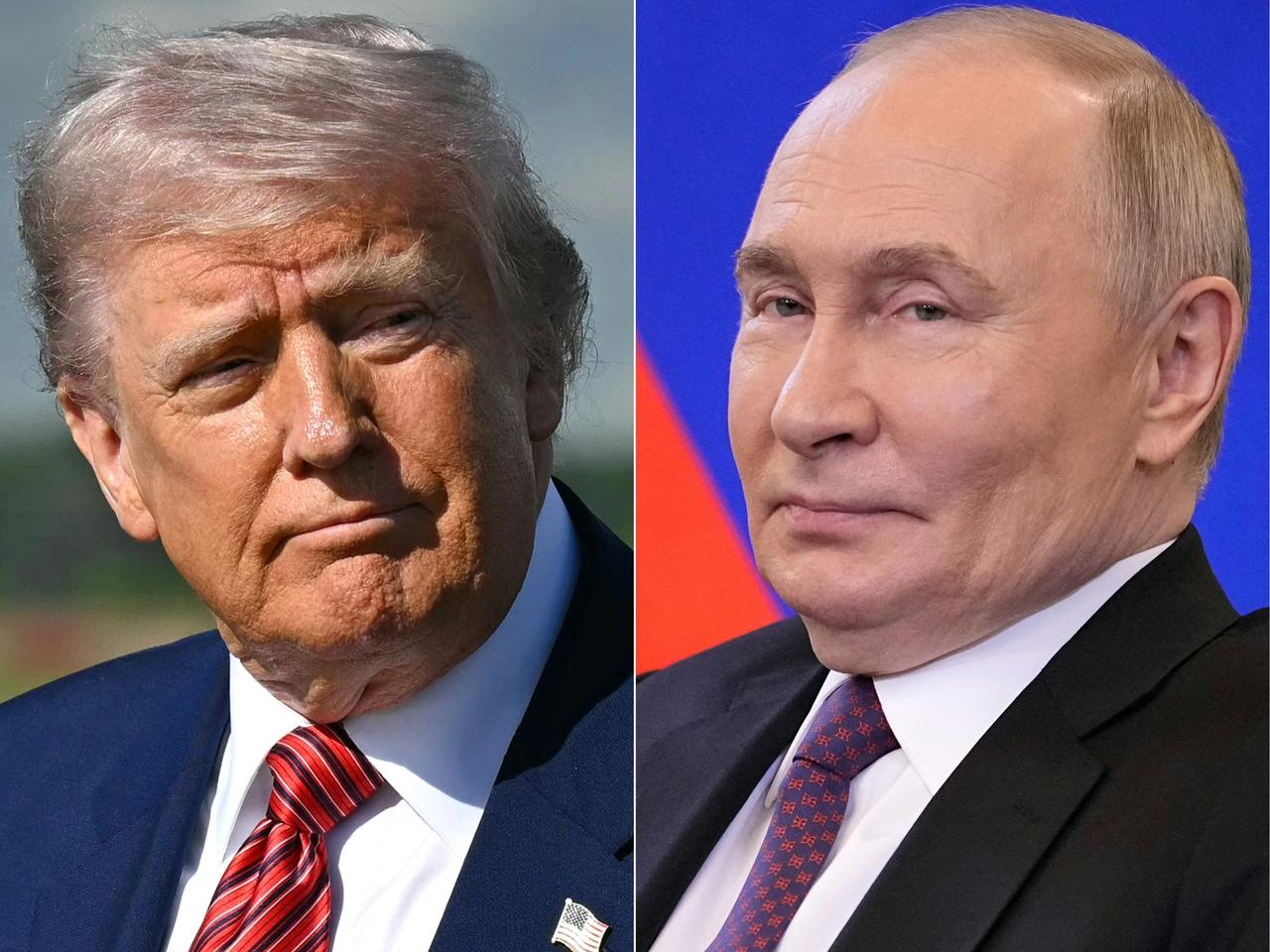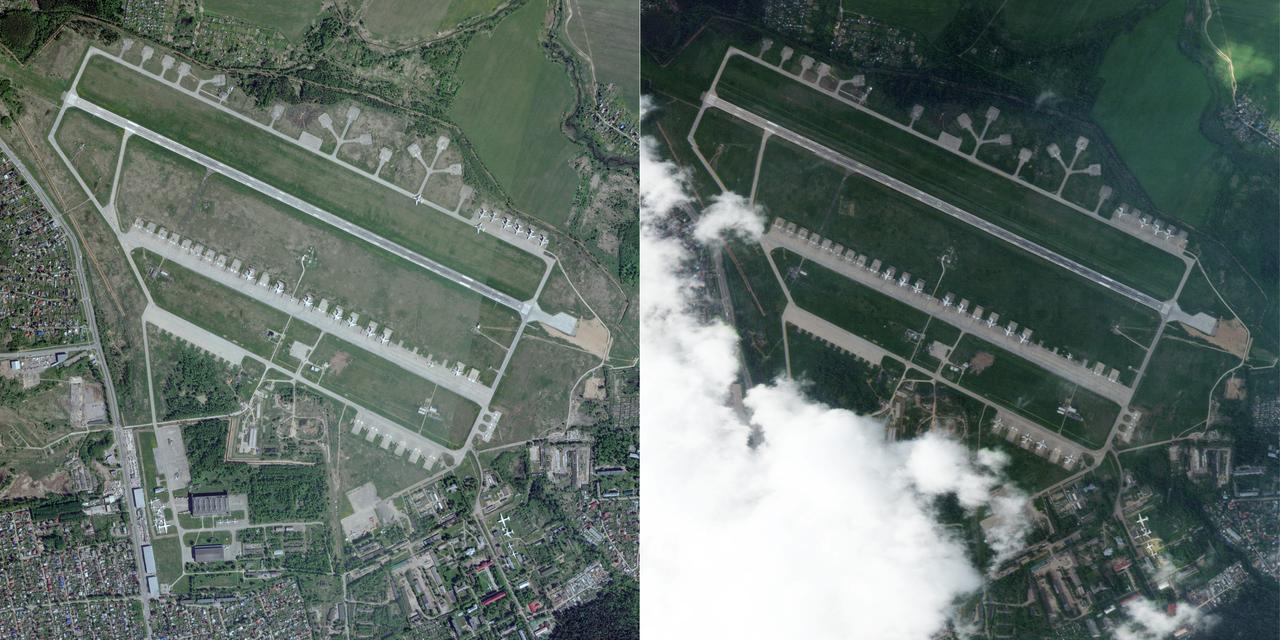Russia announced that warplanes damaged in Ukraine's weekend drone strikes on military airbases will be repaired, while the Kremlin promised to respond to the attacks "as and when" its military deems appropriate.
Russian Deputy Foreign Minister Sergey Ryabkov told the TASS news agency that Ukrainian drone attacks on June 1 against Russian military airfields damaged but did not destroy Russian aircraft.
"These vehicles were not destroyed, only damaged. They will be repaired," Ryabkov said, responding to Ukraine's sophisticated "Spider Web" operation that targeted strategic bombers deep inside Russian territory.
Ryabkov criticized Kiev's statements about the attacks as inconsistent and noted that Russia had requested a U.S. response to the strikes before President Vladimir Putin's phone conversation with President Donald Trump.
Kremlin spokesman Dmitry Peskov confirmed that Russia will respond to Ukraine's airbase attacks but declined to specify timing or methods.
"As and when our military deems it appropriate," Peskov said when asked about Moscow's response plans, characterizing the Ukrainian strikes as "state-level terrorism."
Putin has described the attacks on the Bryansk and Kursk regions as "terrorism," with Peskov emphasizing that "this is nothing other than terrorism at the state level."

U.S. President Trump confirmed in a Truth Social post that Putin "very strongly" stated Russia would have to respond to the recent airfield attacks during their 75-minute phone conversation.
"We talked about Ukraine's attack on Russia's anchored planes and other attacks by both sides. President Putin did say, and very strongly, that he will have to respond to the recent attack on the airfields," Trump wrote.
Trump characterized the discussion as a "very good conversation" but emphasized it was "not a conversation that was going to lead to peace immediately."

Ukrainian security services released detailed footage of the audacious drone operation that targeted Russian strategic bombers at four military airfields, including locations in Siberia thousands of kilometers from Ukraine.
The Security Service of Ukraine (SBU) described using "modern UAV control technology that combines autonomous artificial intelligence algorithms and manual operator intervention."
"During the flight, some drones lost signal and switched to performing a mission using artificial intelligence along a preplanned route," the SBU stated.
Ukraine claims the operation caused over $7 billion in financial damage to Russia, targeting nuclear-capable aircraft, including A-50 early warning planes, Tu-95 strategic bombers, Tu-22 supersonic bombers, Tu-160 strategic bombers, and Il-78 tanker aircraft.
President Volodymyr Zelenskyy said the operation destroyed 41 Russian aircraft, with half beyond repair and others requiring years of restoration work.
"Absolutely legitimate military target. Such operations help counter Russian terror," Zelenskyy said, defending the strikes against aircraft used to bomb Ukrainian cities.
The operation involved 117 drones smuggled into Russia and concealed beneath retractable roofs of wooden sheds, according to Ukrainian authorities.
The drones were transported close to military bases and piloted remotely to hit strategic targets.
The furthest target was the Belaya airbase in Siberia's Irkutsk region, approximately 4,850 kilometers (3,013 miles) from Kyiv, demonstrating Ukraine's expanding operational reach.
Open-source intelligence experts confirmed the destruction of at least 11 strategic bombers using satellite imagery analysis.
U.S. Special Envoy on Ukraine Keith Kellogg expressed concern about the tactics, noting the risks of attacking components of Russia's nuclear triad.
"When you attack an opponent's part of the national survival system, which is their triad, their nuclear triad—that means your risk level goes up because you don't know what the other is going to do," Kellogg told Fox News.

The Kremlin confirmed that Putin and Trump did not agree on a face-to-face meeting during their phone conversation, though Peskov said there was "an understanding that a meeting is necessary."
"The meeting must be properly prepared and have significant results so that these results can be addressed at the highest level," Peskov stated.
The leaders did not discuss potential sanctions relief during their conversation, according to the Kremlin spokesman.